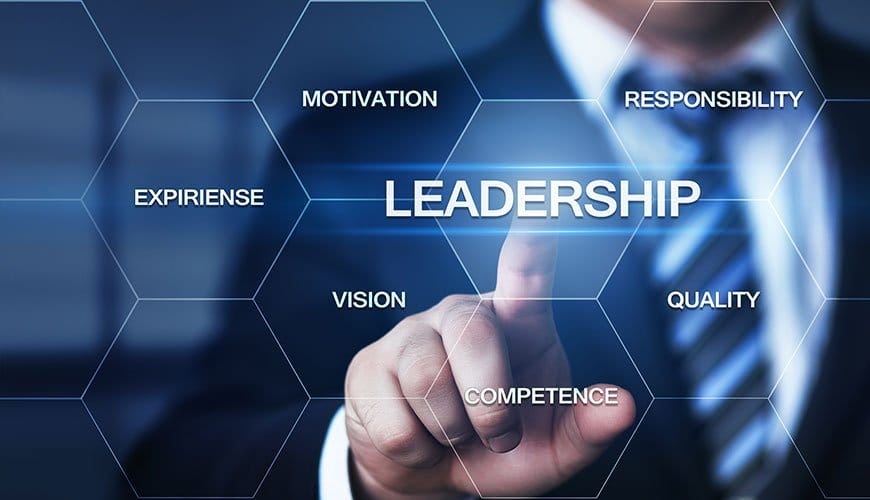Mastering Leadership and Organizational Skills for Tomorrow’s Leaders
December 4, 2023 2023-12-04 15:40
Mastering Leadership and Organizational Skills for Tomorrow’s Leaders
The realm of leadership and organizational skills is dynamic and ever-evolving, playing a pivotal role in both personal career growth and the success of organizations. As we navigate an increasingly complex world, the demand for effective leaders who can inspire teams, manage change, and drive innovation has never been higher. This article aims to explore the key aspects of leadership and organizational skills that are crucial in today’s fast-paced and interconnected global environment.
Understanding Leadership and Organizational Skills
1. The Essence of Leadership:
- Leadership is not just about guiding others but also about vision, inspiration, and setting a course for the future.
- It involves understanding people, recognizing their strengths, and motivating them towards achieving common goals.
2. Organizational Skills in Focus:
- These skills are essential for efficient management and operation of an organization.
- They include task delegation, time management, resource allocation, and the ability to prioritize effectively.
3. The Interplay Between Leadership and Organization:
- A successful leader must possess strong organizational skills to create a structured and efficient environment.
- Conversely, effective organizational skills are enhanced by good leadership that encourages teamwork and productivity.
Key Areas for Development
1. Communication and Emotional Intelligence:
- Effective leaders excel in communication, able to convey their vision and listen to team feedback.
- Emotional intelligence is crucial for understanding and managing both personal emotions and those of others.
2. Decision-Making and Problem-Solving:
- Leaders are often required to make tough decisions and solve complex problems.
- Critical thinking and analytical skills are necessary to evaluate situations and come up with effective solutions.
3. Adaptability and Continuous Learning:
- The best leaders are adaptable to change and committed to lifelong learning.
- They stay abreast of industry trends and are open to new ideas and approaches.
Real-World Application
The theories and concepts of leadership and organizational skills are best understood when seen in action. To this end, we recommend watching the insightful video here, which provides a deeper dive into these skills. Hosted by an expert in the field, this video offers practical insights and real-world examples that bring these concepts to life.
Conclusion
In conclusion, the development of leadership and organizational skills is a journey, not a destination. It requires dedication, practice, and a willingness to learn and grow. Whether you’re an aspiring leader or looking to enhance your existing skills, focusing on these areas will undoubtedly pave the way for a successful and fulfilling career.
Related Posts
Mastering Leadership and Organizational Skills for Tomorrow’s Leaders
December 4, 2023 2023-12-04 15:40Popular Tags




















